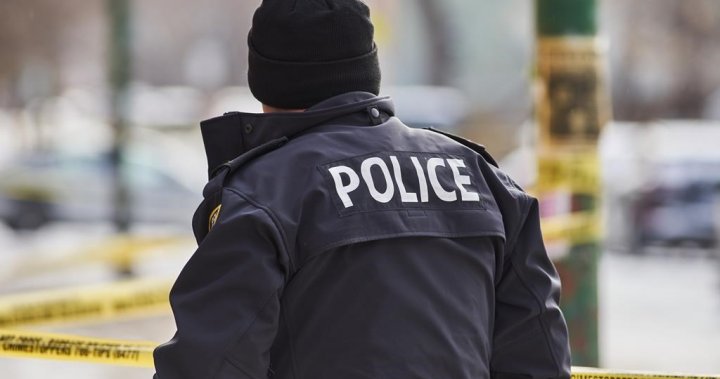
Manitoba government changes legislation, safety officer role expanded
Global News
"Regulations will require safety officers to receive advanced training, which now includes searches and seizures, detentions and arrests, crisis response tactics and strategies."
Community and First Nation Safety officers now have additional powers from the Manitoba government after updates to the Police Services Amendment Act, which was introduced in 2023.
Jack Ewatski, the chairperson for public safety at Assiniboine Community College, told 680CJOB that the “updated regulations will require safety officers to receive advanced training, which now includes searches and seizures, detentions and arrests, crisis response tactics and strategies, along with road safety and traffic enforcement, and indigenous awareness and community diversity.”
He added what was a three-week program is now four weeks to ensure all the bases are covered, and that advanced training will actually have candidates shadow police, “to see first-hand some of the duties they perform.”
Loren Schinkel, eastern director for the Association of Manitoba Municipalities (AMM) said the new legislation will free up RCMP officers to handle more serious investigations in rural communities.
“I think we all understand the limitations that rural communities face when it comes to policing. The RCMP are certainly stretched to the limit,” he said.
Ewatski added, “everybody is recognizing the fact that policing and public safety service has expanded so much, and it’s very difficult for police agencies to be all things to all people. So having a safety officer in place certainly allow police agencies to be able to focus on other aspects of their roles, but still provide a high level of service within their communities.”
Schinkel said “various communities have come forward through AMM to ask for enhanced abilities to perhaps do traffic enforcement. Certainly they’d be utilized under the Mental Health Act.” he said.
As a part of their training, Ewatski said officers are trained to use non-violent intervention methods, and “to deal with a situation without having to use any type of physical force.” This includes using a baton, OC spray, or open-hand tactics.











